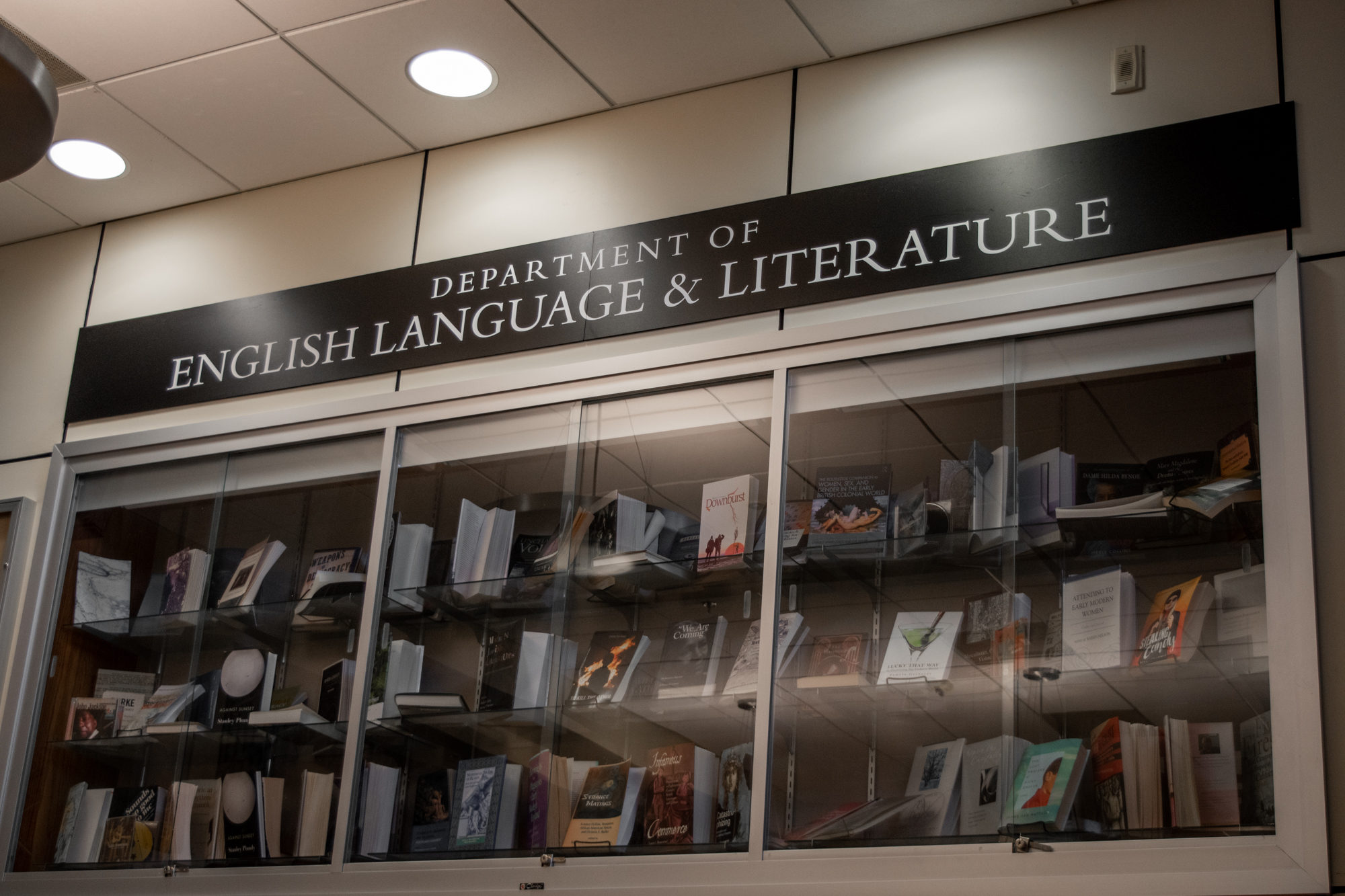Despite my annoyance, I get someone’s concern when I tell them I chose to major in English. In a world that continues to revolve around STEM and entrepreneurial endeavors, planning to focus on the humanities might seem interesting, but money, job stability and usefulness of the degree are valid roadblocks.
I pushed these thoughts to the back of my mind when I arrived at the University of Maryland and began my English classes. But recent articles from The New Yorker and The New York Times discussing the issue of declining enrollment in English and the humanities — and what might deter someone from pursuing a major in a subject they’re interested in — has brought the question to the forefront of my mind again: Is it worth it to continue pursuing my English degree?
Since 2011, the number of English majors has dropped by a third, with recent data ending in 2021. I’ve seen this applied to this university. On campus, it’s rare to come into contact with another humanities major versus running into someone who is a part of the plethora of STEM majors.
In response to the New Yorker piece, one Reddit user, who is majoring in English and engineering, wrote that for them, college is more about investing for a future payoff than simply becoming more educated in a topic of interest.
“My friends, who are all engineers, don’t really care about their classes themselves, or what they’re studying; they care about the piece of paper they’re going to be rewarded with, beefing up their LinkedIns, getting 1-2 internships and immediately jumping into a six figure salary out of college,” the user wrote.
[It’s not easy trying to embrace my culture again, but I’m starting to rediscover it]
It’s disheartening for me to look at the statistics. I was raised in libraries and anticipated reading time in elementary school more than recess. I would’ve taken all of my classes dedicated to writing essays and studying topics such as 19th century American literature over a math class if I got the chance. I’ve been far more successful at analyzing and interpreting complex texts, as well as writing and revising, than with anything STEM-related.
“Seems clear enough what’s happened to the English department,” Matt Pearce wrote for The Los Angeles Times. “The republic of letters has fallen under a sustained assault by prestige TV and the immediacy of the iPhone; we dwell now in the empire of almighty statistics, where inputs and outputs rule.”
It’s clear our culture continues to move away from traditional forms of media and has become consumed with the creative abilities of technology. The ongoing debates of artificial intelligence art and the implementation of ChatGPT to write essays is just one example of the future of creatives being in jeopardy.
Economic stability isn’t something that should be brushed aside either. I’d be remiss to miss how my financial stability allows me to pursue the major I want versus the one that I know will guarantee me a high paying job. The need for health care professionals, engineers and entrepreneurs seems to grow, so why would someone who knows they can have economic stability take that risk of pursuing English?
Because the humanities weren’t meant to compete with technology of the modern world nor our capitalist culture. They were meant to give us the tools to analyze and think about the world around us. Maybe I won’t make a six-figure salary the moment I step off of the campus, but in our changing world, it’s possible that the English major might be more critical than it’s ever been.
[I competed in Miss Maryland and this is how it went]
The landscape of media is changing rapidly and the need to interpret and translate the meanings behind some of our favorite pieces of visual media requires the analytical skills of the major. The ability to deconstruct and explain the language of lengthy, complex documents to critically understand them — especially in legal matters — is particularly valuable.
But above all, English majors have the ability to understand and apply the past to our present through language and literature. There is immense value in taking the time to read a romantic era work or the work of post-colonial authors, understand their perspective and see how their life experience is different or similar to our own.
As long as humanity doesn’t lose its ability to emote or be expressive, there is a need for the humanities. Words are a snapshot of our past, and this major is teaching me my role to record, preserve and potentially educate on critical works.



